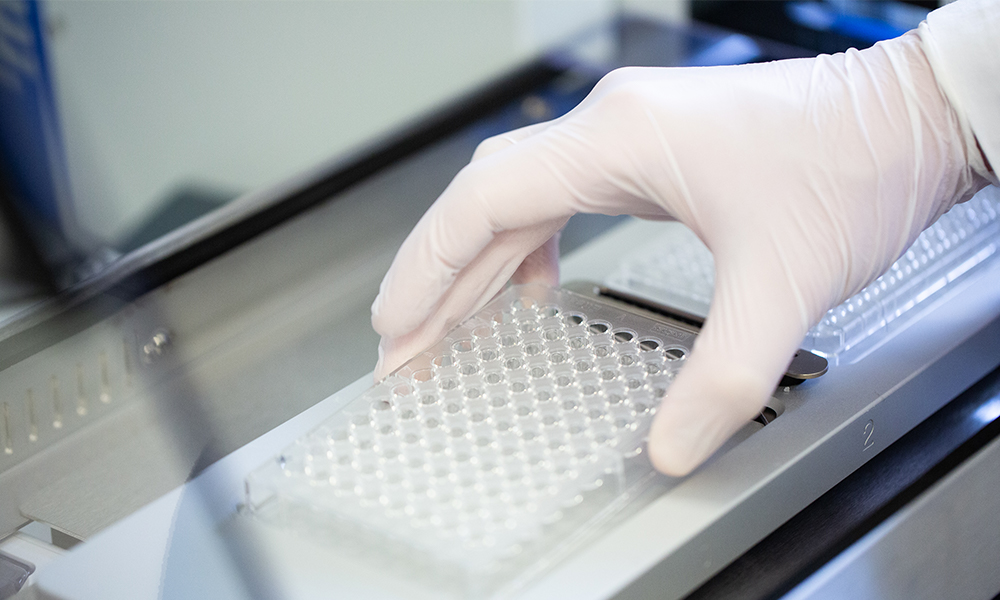The Sample Preparation and Characterisation (SPC) Facility at EMBL Hamburg is a key member of the Molecular-Scale Biophysics Research Infrastructure (MOSBRI). Within this new EU initiative, the facility will offer services related to membrane proteins, protein complexes, and time-resolved experiments

EMBL has a long tradition of offering access to the very latest in scientific technologies and infrastructure to researchers from its Member States and beyond. An example of this is the Sample Preparation and Characterisation (SPC) Facility run at EMBL Hamburg and at Hamburg’s Centre for Structural Systems Biology. From 1 July 2021, the SPC Facility will be offering its services as part of MOSBRI, a new integrated research infrastructure for molecular-scale biophysics.
MOSBRI will connect leading molecular biophysics facilities across 11 countries, including 13 academic centres of excellence and 2 industrial partners. Under the coordination of Institut Pasteur in France, the consortium will make their services available across the continent to scientists from both academia and industry. Each facility will contribute cutting-edge instrumentation and unique expertise. MOSBRI’s portfolio of services will span the entire field of molecular-scale biophysics – something that is currently not possible within any single European country.
Biophysics facilities can support scientists from various fields, including structural biology, biomedicine, biotechnology, and beyond. To raise awareness of the benefits of biophysics facilities among non-expert researchers, MOSBRI will launch a programme of training workshops and meetings.
As the only MOSBRI centre in Germany, the SPC Facility will share its knowledge of sample optimisation of membrane proteins and will provide access to its high-throughput stability screening platforms. “We’re also happy to offer less widely available technologies that support time-resolved experiments and sample characterisation of protein complex assemblies,” says María García Alai, Head of the SPC Facility. “I’m very excited to form part of this consortium, because it will make our services more accessible than before and to a broader group of scientists.” To achieve its goals, MOSBRI has been granted €5 million over four years by the EU. “It’s been a great team effort from all MOSBRI partners to put this proposal together,” says María. “Our grant was approved just before Christmas. We were all so happy with this fantastic news, and despite the pandemic we are full of enthusiasm to get the project running.”
This article was first published on EMBL News
